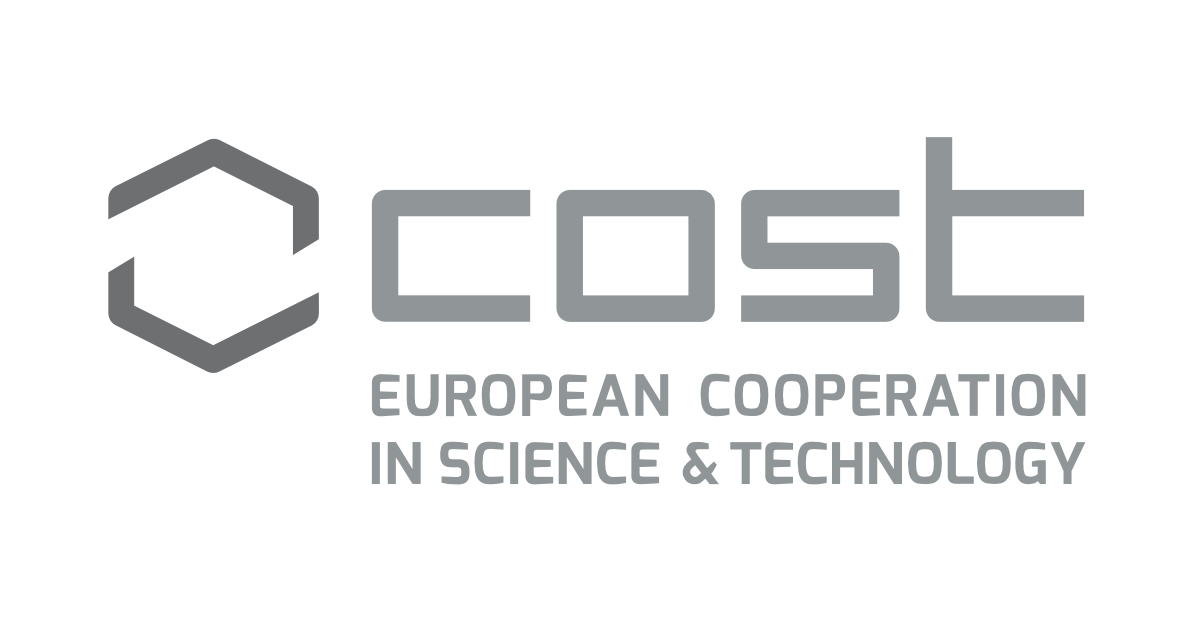The Sub-Urban toolbox outlines best practices that cities like Glasgow, Norway, Venice or Rotterdam used to tackleregulation and legislation concerning the ground’ssubsurface: locating possible contamination from previous land uses such as mining, dealing with groundwater both as a resource and a problem, identifying which areas are more or less suitable for development, and which ones would be more costly, or preserving archaeological heritage. Another concept included in these guidelines is inclusive planning, which means integrating geology, thesubsurface environment and its resources in the city planning policy.
“Cities are facing similar challenges, but solutions can differ ”, explains Guri Venvik Ganerød at the Geological Survey of Norway, part of COST Action Sub-Urban.
In the context of climate change and continuous urbanisation, cities have been working with geological experts, whose expertise has helped city authorities get involved in developing, planning and urban regeneration projects.
“ Our Action has become a database for cities, so everybody has access to all the data and best practices. Additionally, after 4 years of collaboration, Sub-urban created a strong link between researchers and local authorities – two groups that would not be communicating on a regular basis ”, adds network leader Dr Seumas Campbell at the British Geological Survey.
Sub-Urban is a network of European cities, national geological surveys and research institutes spanning 31 countries. Its members marked the Action’s achievements, at a live streamedconferenceon sub-urban planning and management on March 13-16, 2017.
“ In four years of COST-funded networking, Sub-Urban Action has developed an extensive interdisciplinary network of experts. What is important is that we have been able to build a bridge between subsurface specialists and practitioners: linking research and city planners. These networking activities have allowed us to turn ideas into new projects both at local and regional levels.What is special about our Action is that we have built professional relationships and friendships, too.” Mr Ganerød adds.
To learn more about Sub-urban and the toolbox, visit: www.sub-urban.eu
